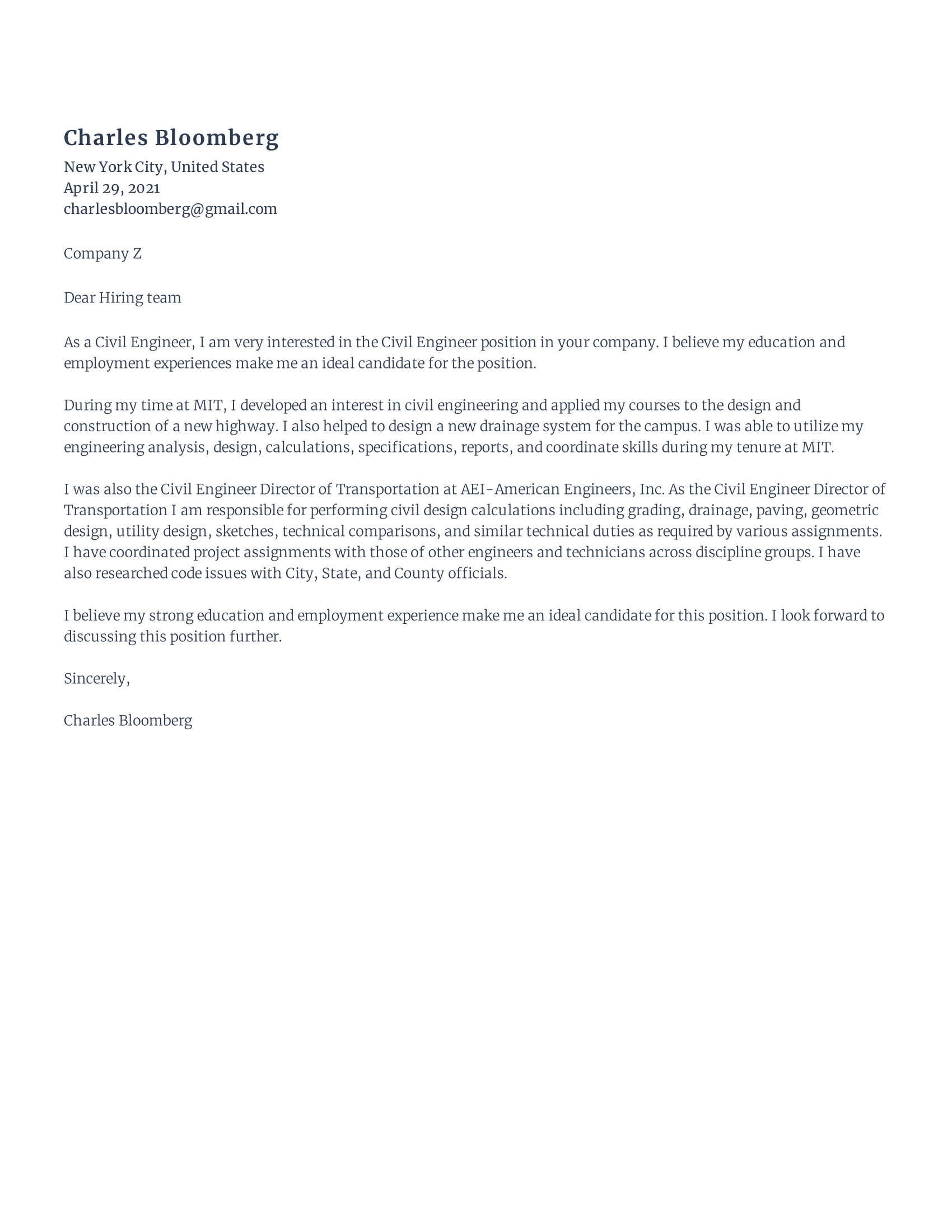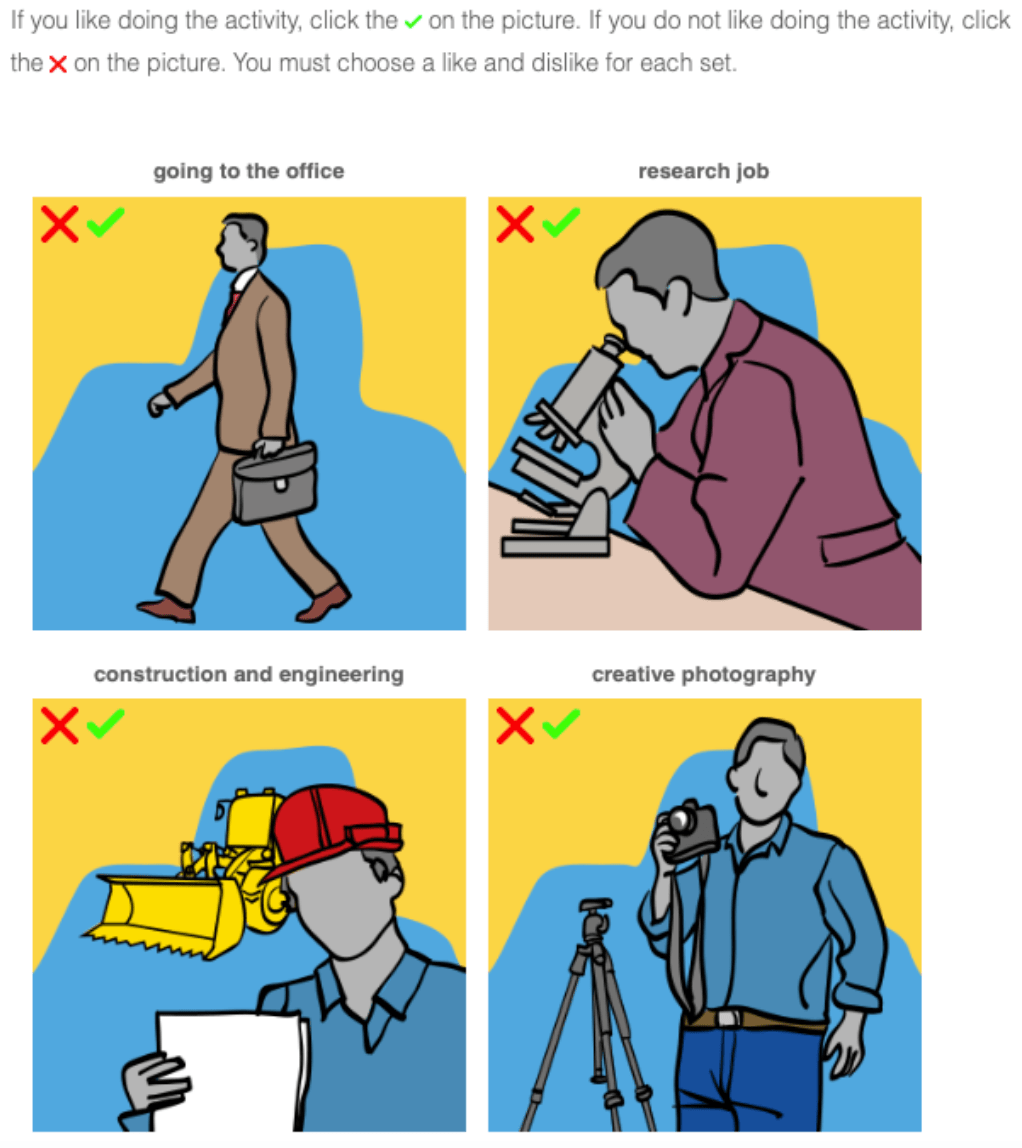
If you want to know how to decide on a career, you should take the time to carefully consider your interests, personality, and values. Once you have done that, you can create a short list of career options that you like. Then, narrow your list down by doing informational interviews. You should avoid jobs that have a significant downside or have a negative impact on your desired outcome.
Assessing your values, interests, and personality
The first step to choosing a career path is to discover your interests, values and personality. By doing this, you'll have a better idea of what you're good at and what you value most. It will help you to decide what tasks you enjoy the most.
There are many tools to help identify your interests, and the occupations that match them. Some of them, like interest inventories, are practical. These tools may not be a perfect indicator, but they can help you identify your best career options.

You can create a mini-list to help you choose the career you want.
It's a good idea to make a list of the occupations that you are interested in before making a decision on a career. This will allow you to narrow down your options, eliminating those you don't love or those that require you to do repetitive tasks. Also, it is important to get rid of occupations with poor job prospects or that require education or training you don't possess.
Once you have narrowed your choices, it's time to think about your values and personal preferences. Do you value financial security? Consider a career that offers flexibility and a good salary, if so. Or do you value work-life balance? If you're not sure, consider your personality type. Consider a career where you can lead others if your work ethic is strong.
To narrow down your options, use informational interviews
Informational interviews are a great method to learn about specific industries or roles. Informational interviews do not always result in a job. However, they can help you narrow down your career options. Prepare a list with questions you wish to ask when using informational interview. Also, you should arrive 15 minutes early to the interview. Bring a pen and paper, and write down your questions. You should ask as many questions as possible, and try to get as much information as you can about their career path and what they are planning to do next.
If you know the person you are interviewing, prepare thoughtful questions for them. Although it may seem awkward at first you will soon become more comfortable with the questions. You will feel more confident answering questions that are deeper into the subject by preparing ahead.

Avoiding career options with unusually large downsides
If you have to make a career decision, it is wise to look at all possible options. If you find the downsides too overwhelming, it is best to eliminate that option. Plan Z careers are not likely to have an impact on the future.